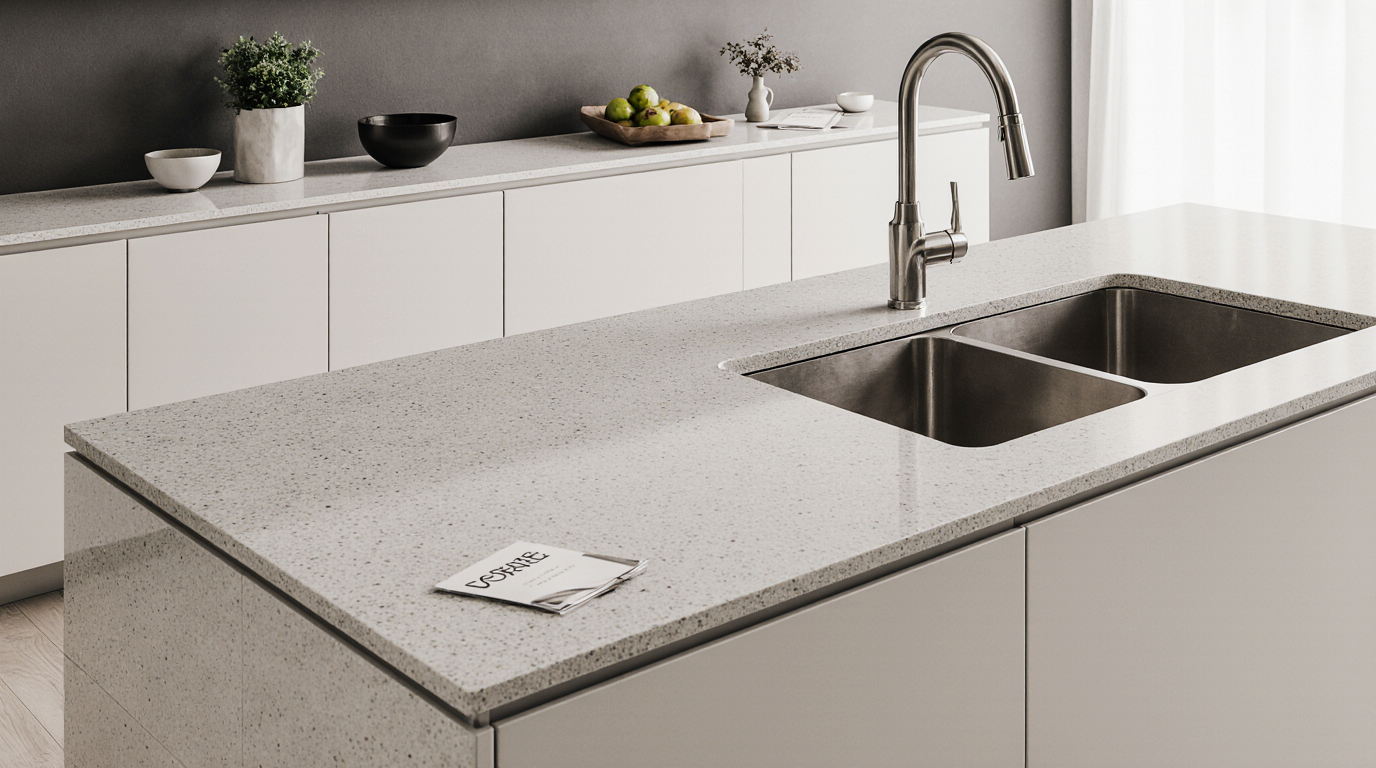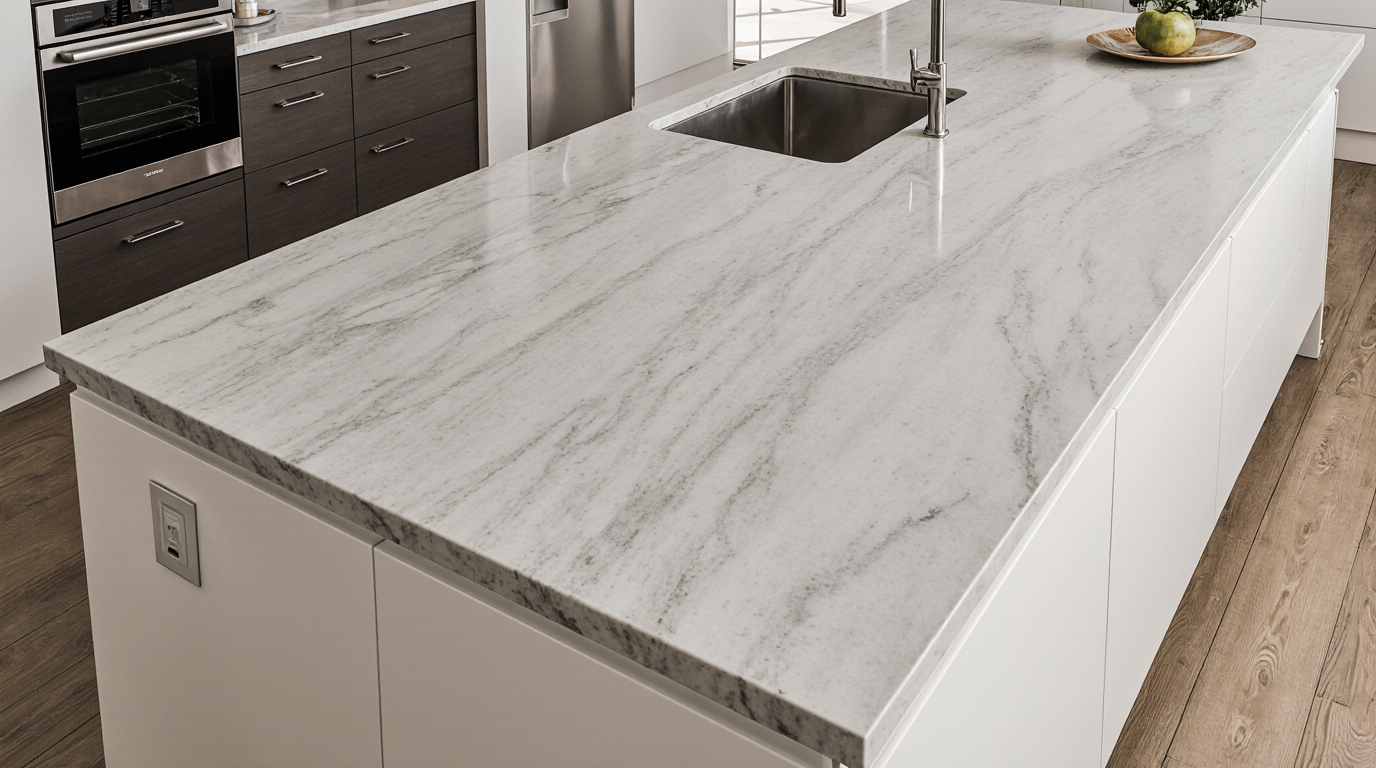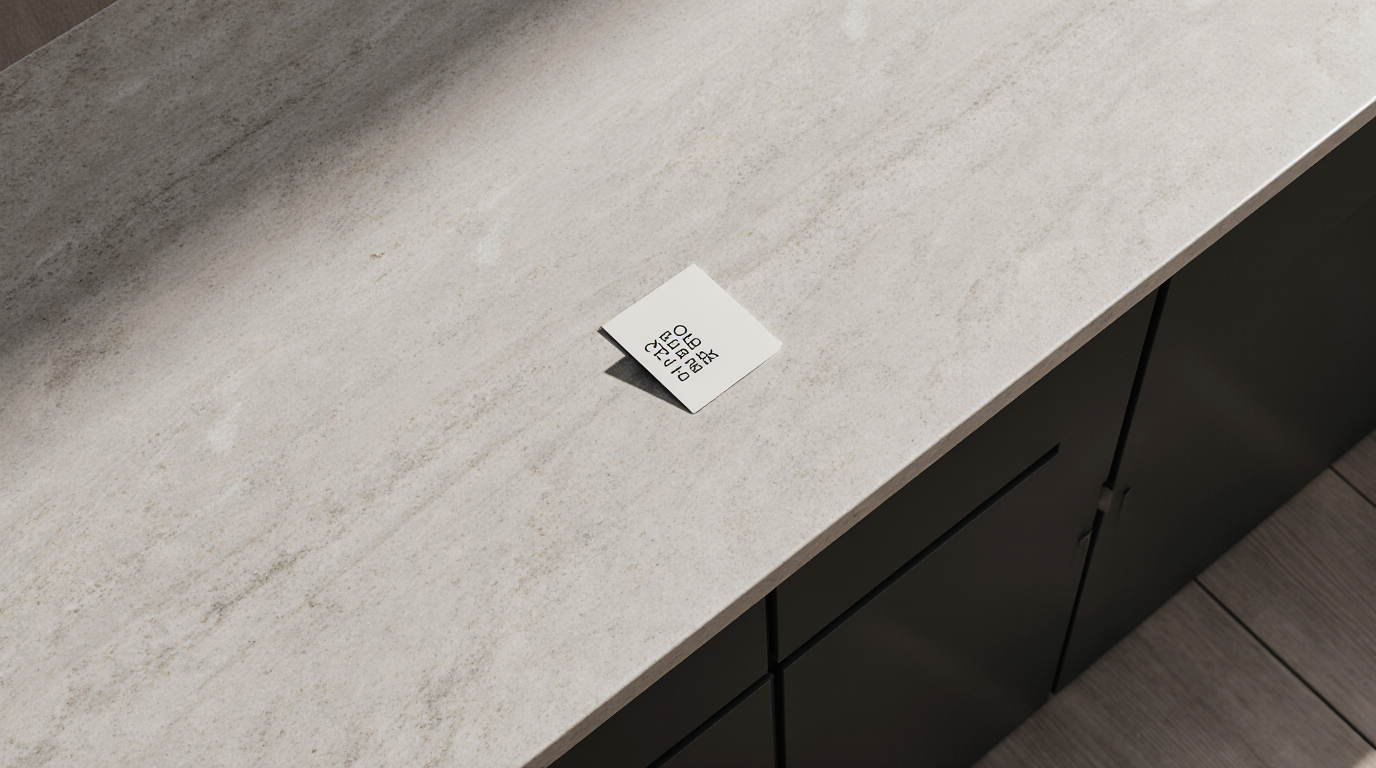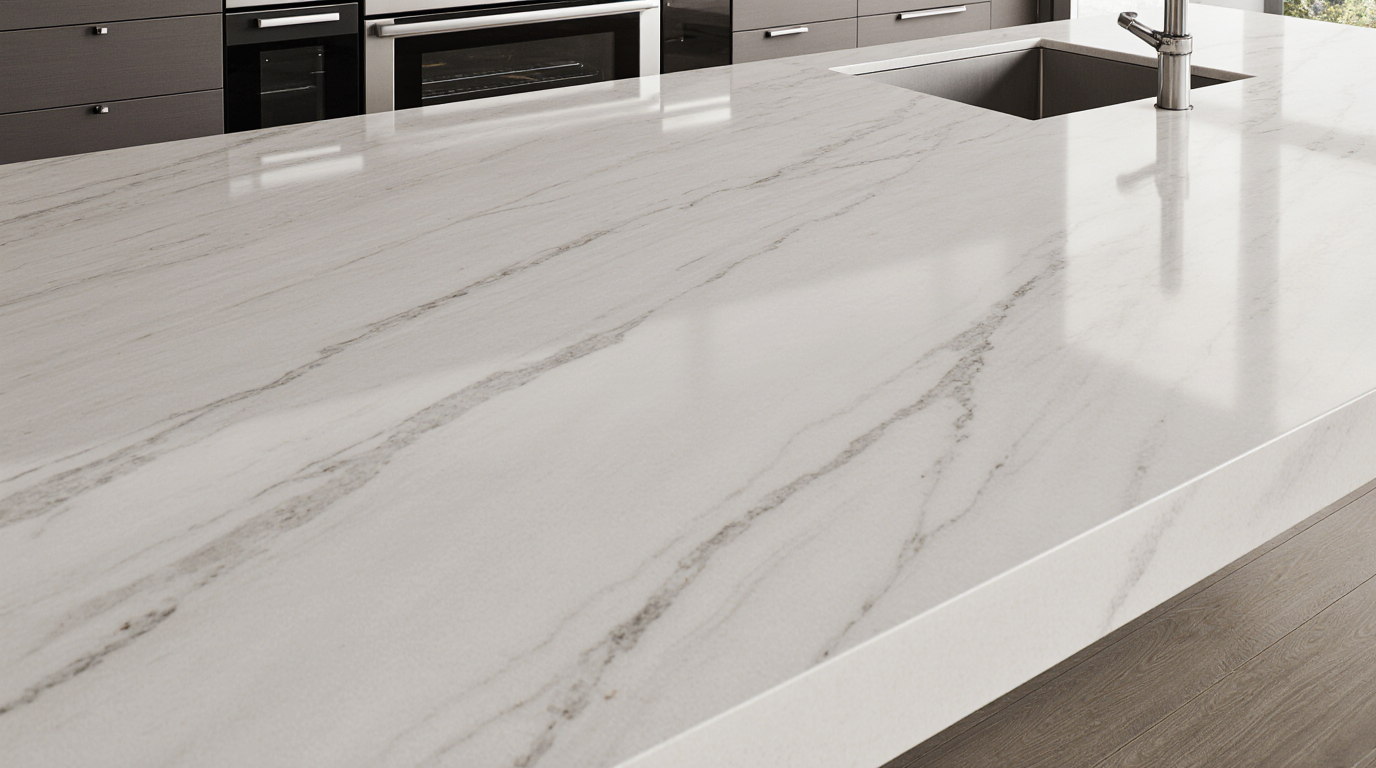Solid Surface Countertops Price Sarasota County FL

Solid Surface Countertops Pricing Guide: Maximizing Quality, Longevity, and Style
Assessing the price of solid surface countertops is essential for those looking to merge high-quality materials, design excellence, and functional durability. These surfaces integrate acrylic, polyester, and mineral composites, producing non-porous, elegant, and highly functional countertops. Factors influencing pricing include slab thickness, edge detailing, brand quality, and labor intricacy. Brands with premium formulations deliver durability against scratches and stains, along with uniform aesthetics, reflecting a higher upfront price yet offering sustained investment returns.
Quality of materials is a core determinant in cost evaluation for solid surface countertops. High-grade acrylic or polyester formulations often provide superior durability, heat resistance, and flexibility during fabrication, allowing for custom shapes, integrated sinks, and backsplash designs. Enhanced design and practicality elevate both beauty and utility, influencing the total investment. Homeowners should be aware that cheaper alternatives may compromise longevity, leading to potential maintenance or replacement costs down the line.
Customization choices dramatically affect solid surface pricing. Integrated sinks, contoured edges, and seamless joins necessitate precise craftsmanship, affecting overall cost. Personalized design enhances elegance, ease of cleaning, and hygiene standards, directly affecting price. Advanced customization, including rare colors or intricate patterns, may raise costs initially but creates a bespoke, visually harmonious environment.
Professional installation contributes notably to pricing considerations. Expert installation guarantees structural integrity, tight joints, and proper alignment with kitchen or bathroom furniture. Mistakes during installation may cause gaps, leaks, or compromised durability, affecting long-term functionality. Labor charges for skilled installers impact the total expenditure and ensure performance.
Maintenance requirements and long-term durability also affect the perceived value of solid surfaces. Non-porous composition prevents staining, microbial buildup, and moisture penetration compared to natural stone. Daily cleaning is low-effort, and minor abrasions or heat marks are generally correctable at home. The combination of low maintenance and long-term resilience makes solid surface countertops a cost-effective solution despite an initially higher price per square foot. Market trends and regional factors influence solid surface countertop pricing as well. Material accessibility, workforce expertise, and customization demand collectively influence the total cost. In metropolitan areas with high demand for luxury kitchens, solid surfaces may command premium rates due to the cost of materials and skilled labor. Competitive markets may present deals or incentives that reduce costs without sacrificing quality.
Relative to granite, quartz, or laminate, solid surfaces offer distinct advantages. Granite and quartz feature hardness and natural beauty but demand sealing and are susceptible to cracking or joint visibility. Laminate surfaces, though more affordable, lack durability and can be damaged easily by heat or sharp objects. Solid surfaces merge versatility, smooth integration, and practical advantages, warranting their pricing. Visual design choices impact overall pricing. Unique colors, complex patterns, and sought-after finishes often require additional fabrication effort, increasing costs. Design alignment with cabinetry and flooring justifies elevated pricing by achieving a harmonious, refined look. Consistent coloration and patterning streamline installation and contribute to a refined, coordinated design outcome.
Extended warranties and long-term resilience enhance value perception. Warranty offerings often include protection against defects, staining, and cracks, ensuring confidence in purchase. Evaluating both warranty scope and manufacturer reputation helps determine sustainable investment value. Upfront investment can be justified by long-term savings and minimized replacement frequency. Sustainable production practices add both value and ethical appeal. Brands that integrate recycled content and environmentally safe resins may slightly adjust pricing. The modest premium for eco-conscious surfaces is justified by durability, reduced environmental impact, and market preference for sustainable choices. Repairable, long-lasting solid surfaces minimize landfill waste, reinforcing eco-friendly appeal.
Pricing represents an intersection of quality, design flexibility, installation skill, market conditions, and functional longevity. Those prioritizing elegance, resilience, and convenience frequently consider solid surfaces a worthwhile choice. Analyzing material, design, and installation factors ensures a lasting, visually appealing solution suitable for residential and commercial spaces. Mastering the complexities of cost, customization, and material quality enables informed selection of solid surfaces, delivering long-term satisfaction and aesthetic excellence.




